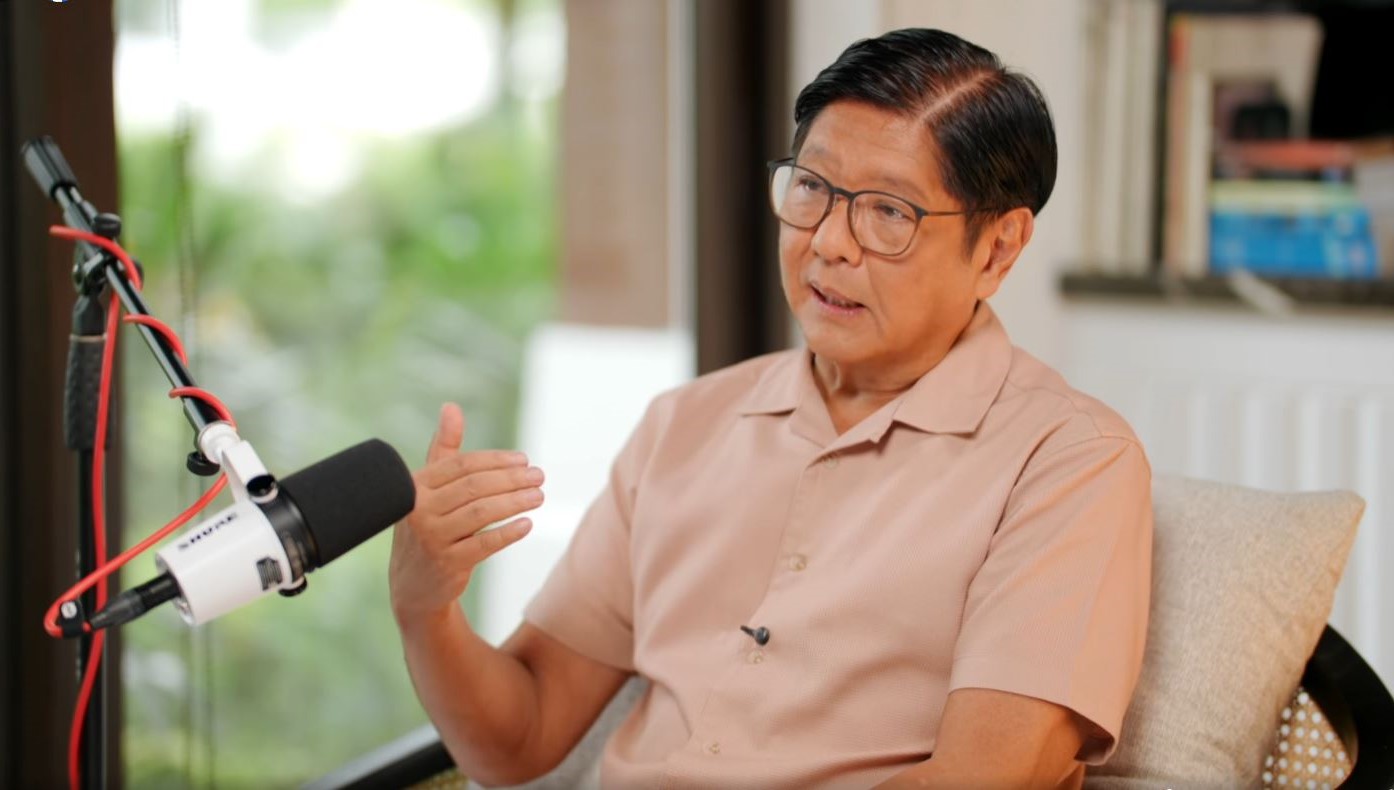
By Brian Campued
“I don’t do anything that I cannot sustain.”
All subsidized government programs, including the zero balance billing and the “Benteng Bigas Meron (BBM) Na,” are sustainable, even beyond the current administration’s term, President Ferdinand R. Marcos Jr. assured Filipinos.
In the third part of the BBM Podcast Episode 4 aired Tuesday night, the President stressed that public funds are meant to deliver essential services and programs that the people can directly benefit from.
“May isip akong negosyante. It has to be self-sustaining. Otherwise, it doesn’t work,” he said. “Kasi aasa ang tao, they’ll come to depend on the service and then after 5 years, 10 years, whatever, you’ll take it away from them, ‘di ba? What’s the point of that?”
Under the “Bayad na Bill Mo” Program, patients admitted to basic accommodation or wards in Department of Health (DOH) hospitals do not need to pay out-of-pocket expenses, as their bills upon discharge will be covered by DOH and the Philippine Health Insurance Corp. (PhilHealth).
The BBM Na Program, on the other hand, sells locally procured rice at P20 per kilo to the vulnerable sectors through Kadiwa ng Pangulo centers.
“Lahat itong aming ginagawa, the subsidy for the 20 pesos per kilo rice, the zero billing program, all of the programs… Basta’t ‘yung pera pumunta sa tama, lahat ‘yan kaya nating bayaran,” Marcos stressed.
Fixing water, power woes remain priority over politics
During the same podcast episode, the President recounted his decision to direct the National Electrification Administration (NEA) and the Department of Energy (DOE), in coordination with local electric cooperatives, to take over the management and operation of Siquijor’s power service.
He lamented that the power supply in the island province was unreliable and poor, that is why the government had to bring in generators and fuel to stabilize the supply and ensure sufficient capacity while long-term solutions were being implemented.
“Sabi ko, hindi na tayo puwedeng mag-antay. Kawawa ang tao eh. So sabi ko, kunin na natin, tayo na magpatakbo,” Marcos said.
“‘Yung mahalaga sa akin ay magkaroon ng kuryente. So, gagawin ko ang anong kailangan kong gawin para magkaroon ng kuryente,” he added.
“So now, mayroon silang excess capacity… maayos naman ang patakbo,” he noted.
The President was also asked about the poor water services in some areas in the country, particularly the Villar-owned firm, PrimeWater. He underscored that fixing basic utilities remains a priority over politics.
The Villars also own the power provider Siquijor Island Power Corporation (Sipcor).
“None of this is personal, you know. They are friends of mine and I respect them. But we have to fix the problem,” Marcos said. “People have to have electricity. People have to have water. So whatever the reason is, let’s fix it.”
-av
